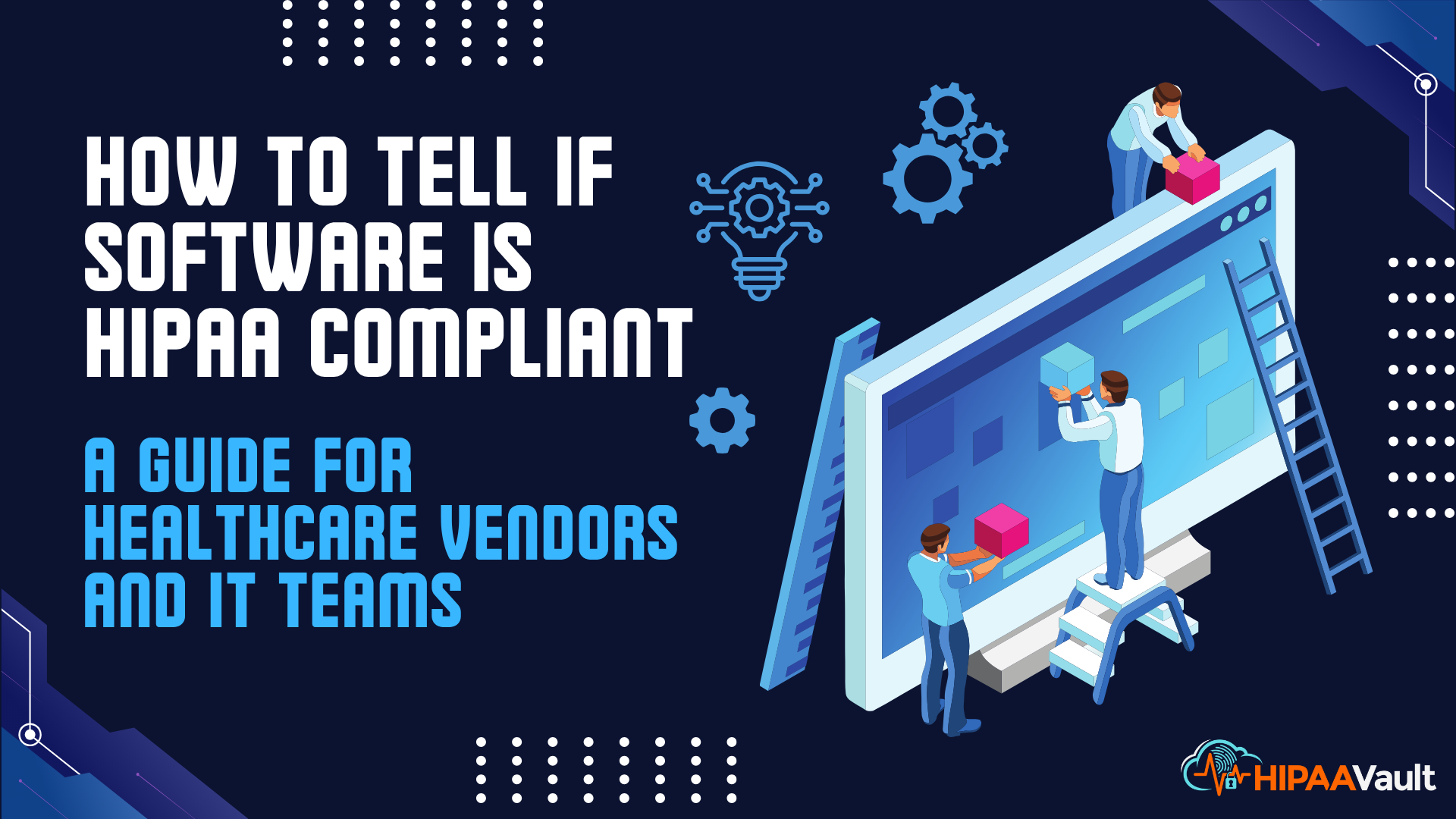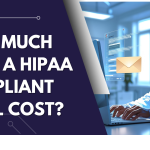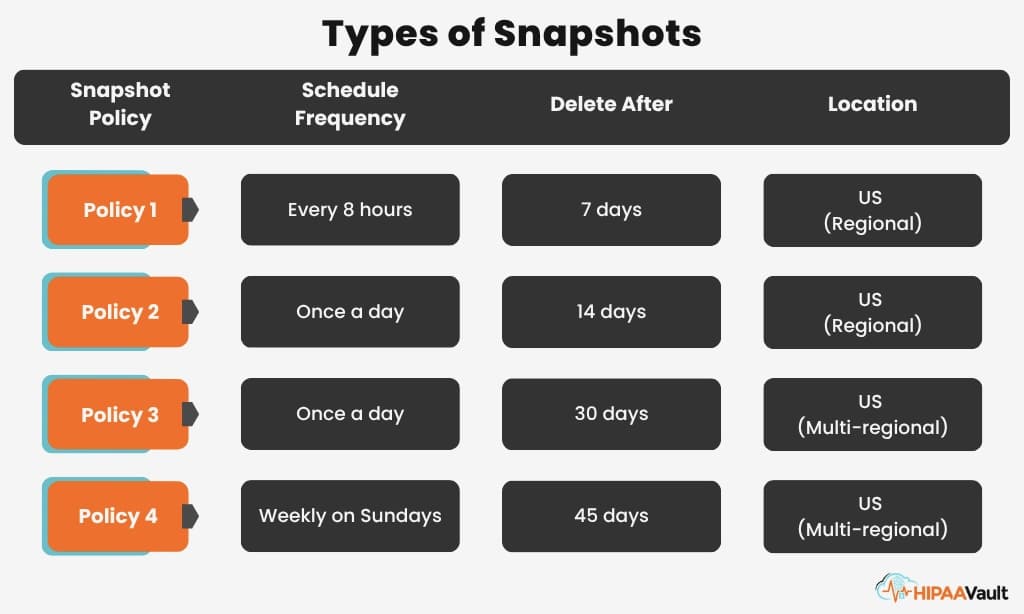In the digital era of healthcare, software applications have become the backbone of patient care—from telehealth platforms and scheduling tools to EHRs and billing systems. But as healthcare organizations increasingly rely on digital solutions, the need for regulatory compliance grows too. The Health Insurance Portability and Accountability Act (HIPAA) mandates specific requirements for safeguarding Protected Health Information (PHI). So how do you know if software is HIPAA compliant?
Whether you’re an IT administrator vetting a vendor, a developer building a SaaS solution for healthcare, or a provider adopting a new tool, understanding how to verify HIPAA compliance is critical. In this guide, we’ll walk you through the key indicators of HIPAA-compliant software and how HIPAA Vault can help ensure your environment is safe, secure, and audit-ready.
How Do You Know If Software Is HIPAA Compliant?
Determining whether software is HIPAA compliant involves more than a vendor’s marketing claims. The U.S. Department of Health and Human Services (HHS) does not “certify” software or provide an official compliance badge. Instead, software must align with the administrative, physical, and technical safeguards defined under the HIPAA Security Rule (45 CFR § 164.302–318).
To evaluate software, start by confirming it includes mechanisms to protect electronic PHI (ePHI), such as robust access controls, encryption protocols, and audit logging. A HIPAA-compliant vendor should be willing to sign a Business Associate Agreement (BAA), clearly detail where and how data is stored, and demonstrate comprehensive security policies. You should also verify that breach notification procedures are established and that user permissions follow the principle of least privilege.
Key Features of HIPAA-Compliant Software
Encryption in Transit and at Rest
HIPAA encourages the use of strong encryption methods to reduce the risk of unauthorized access to PHI. While not mandatory, the HHS recommends NIST-approved algorithms. A HIPAA-compliant software solution should encrypt data during transmission using TLS 1.2 or higher, and apply AES-256 encryption or FIPS 140-2–validated modules for data at rest.
Access Controls and Role-Based Permissions
To comply with HIPAA’s Security Rule, software must provide granular access controls. This includes assigning unique user IDs, enforcing automatic session timeouts, and restricting access based on specific user roles. These measures ensure that only authorized individuals can access sensitive data.
Audit Logging and Monitoring
Audit trails are a vital component of HIPAA compliance. The software should log all user activity, including logins, data access, and system changes. These logs help organizations detect unauthorized behavior and are critical for HIPAA audits and incident response..
Secure Authentication
Software that complies with HIPAA must employ secure authentication processes. Multi-factor authentication (MFA) is a best practice, ensuring that users prove their identity through more than one method. Weak authentication methods, like shared passwords or outdated login systems, fall short of compliance standards.
Data Integrity Safeguards
Maintaining the integrity of ePHI means ensuring that the data remains unchanged and accurate throughout its lifecycle. Software should include safeguards such as digital signatures or cryptographic hashes to detect any unauthorized alteration. This is essential for meeting the integrity requirement.
The Role of the Business Associate Agreement (BAA)
A BAA is one of the clearest indicators that a software vendor takes HIPAA seriously. If a tool handles, transmits, or stores PHI on behalf of a covered entity, the vendor must sign a BAA to assume shared responsibility for HIPAA compliance. Without a BAA, even the most secure software technically violates HIPAA if used in a healthcare setting. HIPAA Vault simplifies this process by providing signed BAAs for all of our services, helping you meet your contractual and regulatory obligations with ease.
What to Look for in a HIPAA Compliance Checklist
Before adopting any new tool, use this HIPAA compliance checklist:
- Does it offer end-to-end encryption?
- Are audit and access logs included?
- Is user authentication robust (MFA, RBAC)?
- Is data stored on U.S.-based, HIPAA-compliant servers?
- Will the vendor sign a BAA?
- Has it been penetration tested?
- Are breach procedures clearly documented?
Common Red Flags in Software Evaluation
Be cautious if a vendor hesitates or outright refuses to sign a BAA. This is often a sign that they are either unaware of their responsibilities or unable to meet them. If a software provider is vague about where and how your data is stored—especially if it’s outside of the U.S.—this may present a compliance risk.
Additionally, if a product relies on shared logins or lacks modern authentication protocols, that indicates a failure to follow HIPAA’s requirement for unique user identification. Similarly, software that doesn’t maintain real-time logs or lacks transparency around intrusion detection should be examined critically before adoption.
How HIPAA Vault Helps You Verify Compliance
HIPAA Vault is purpose-built to simplify the compliance process for healthcare developers and IT teams. We provide signed BAAs with every service, ensuring legal coverage from day one. Our infrastructure is pre-hardened to support HIPAA compliance and includes features like intrusion detection, encryption, logging, and regular patching.
We also offer compliance consulting and architecture reviews, helping you validate whether the software you build or deploy aligns with HIPAA’s requirements. Our solutions integrate easily with secure development practices, giving you the confidence to scale healthcare services without sacrificing security.
Final Thoughts: Do the Work to Verify Compliance
So how do you know if software is HIPAA compliant? By asking specific questions, reviewing documented security measures, and insisting on a signed BAA, you can significantly reduce your compliance risk. HIPAA compliance isn’t just about legal protection—it’s about building trust with patients and healthcare partners.
With HIPAA Vault at your side, you gain both technical assurance and expert guidance, empowering you to deliver secure healthcare solutions with confidence.
Want help evaluating software or securing your environment? Contact HIPAA Vault today to schedule a demo.








